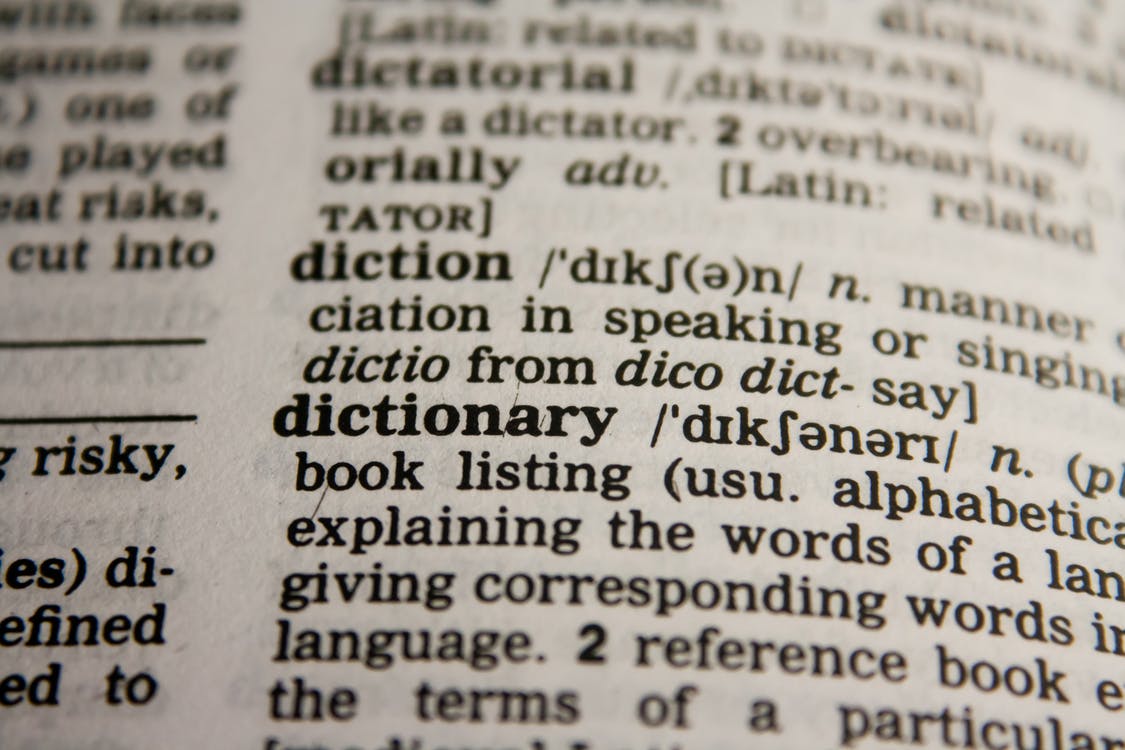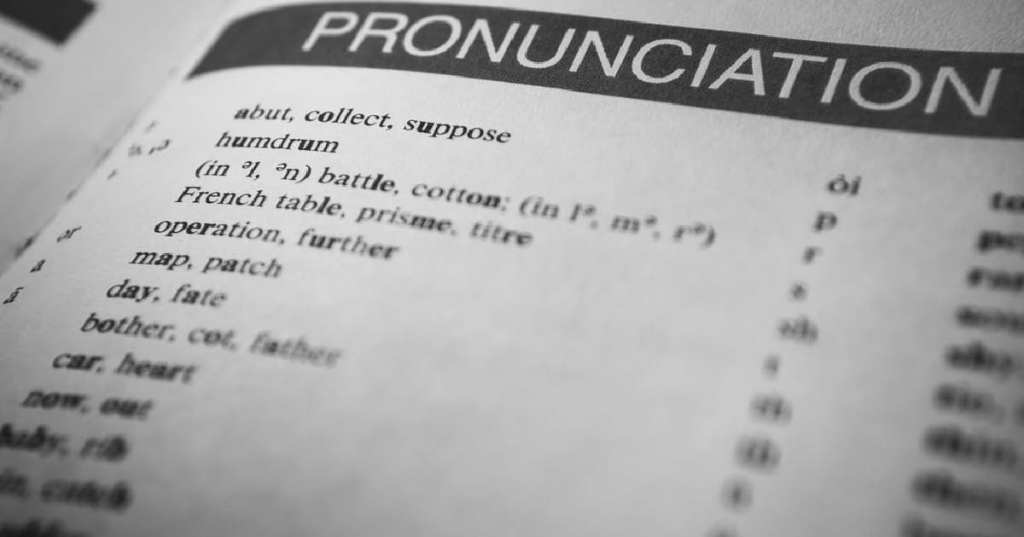No one would argue that English is a tough language. It beats up other languages in dark alleys and goes through their pockets for loose vocab – at least, that’s the word on the street.
Which is why it’s not surprising there are several words that are spelled exactly the same, and mean the same thing, but are pronounced differently depending on the speaker.

Image Credit: Pixabay
Fun, right?
At least if you know about these 10 words in advance, you’ll see them coming.
10. Data
It can be pronounced DAH-ta or DAY-ta, and is defined as “individual facts, statistics, or items of information.”
Officially, any word that comes directly from Latin (“data” does), and the stressed syllable ends in a vowel, then the vowel should have a long sound in English.
So DAY-ta is technically correct.
9. Laboratory
Do you go to work in the LAB-ore-a-tor-ee or the la-BORE-a-tree?
Easy – are you British? If so, you use the latter, and the Americans, the former.
8. Vase
There’s VAYS (rhymes with “lace”) and VAHZ (rhymes with “Oz”), but in the modern world, the latter pronunciation often comes off as too refined or “snooty” for most ears.
It is, of course, popular in Britain.
7. Mature
This one has more than two pronunciations – mah-CHURR, mah-CHOOR, and ma-TYOOR.
It used to be that pronunciations with the long ‘T’ were preferred and the others seen as lowbrow, but that’s shifted since the 1980s.
6. Tomato
This one has been made famous by a song, and New Englanders, especially, will cling to the tuh-MAH-toes with their cold, dead fingers.
The rest of us enjoy a nice summer tuh-MAY-toe and less pretension.
5. Appalachia
Have you visited Appa-LAY-sha or Appa-LATCH-a, my friends?
This one is probably dependent on which side of the Mason-Dixon line you call home. Northerners are more likely to pronounce the middle syllable like “lay,” while Southerners choose “latch.”
4. Gala
Will you be attending the GAY-luh or the GAL-uh, my good woman?
Well, properly it should be GAY-luh, since the stressed syllable ends in a vowel, but since the 1930s, either version is understood and accepted.
3. Leisure
LEH-shure or LEE-shure again comes down to South vs. North, with most Southerners preferring the British pronunciation that rhymes with “pleasure” and others opting to pronounce it so it rhymes with “seizure.”
2. Electoral
Where you you put the stress on this word – is it el-LECK-toral or el-ek-tore-ul? Maybe el-leck-TOR-al?
There’s no right answer, but the “uncultivated” latter choice is becoming more and more popular.
1. Celtic
Even though the traditional and native pronunciation is KEL-tick, the word came to English through French, which utilizes the softer ‘c’, resulting in SELL-tick.
Classical Latin would also demand the hard ‘c,’ but I would try convincing any Boston Celtics fans to change their ways, if I were you.
Good luck in the world of reading aloud. It’s designed to terrifying you!
Do you have a memory of making a mistake reading aloud? Share so we can all cringe along with you!






